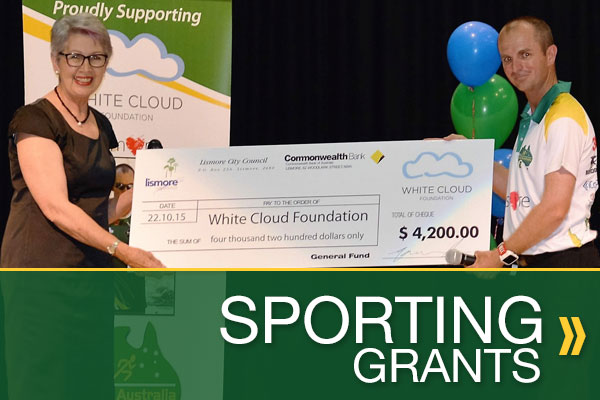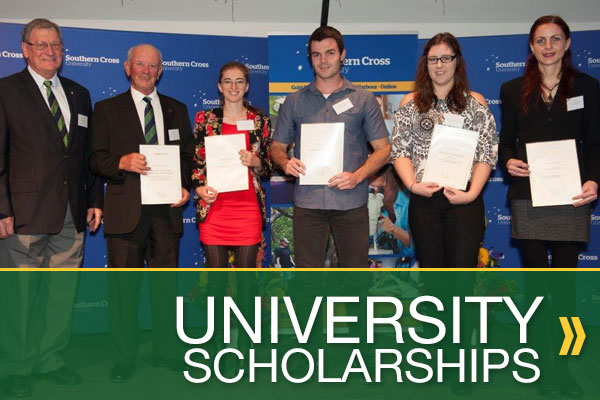/wp-content/uploads/2025/08/LTNNSW-Constitution.pdf
Click on the link for a copy of our constitution (Certified as true and complying with the provisions of The Associations Incorporations Act 2009.)
Our Executive meeetings are held on the third Wednesday of the month and our Annual General Meeting is held on the third Wednesday in August each year.




